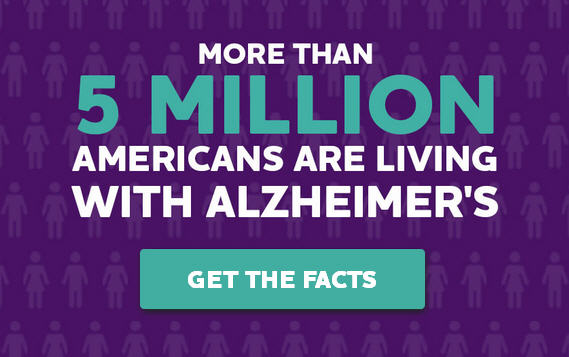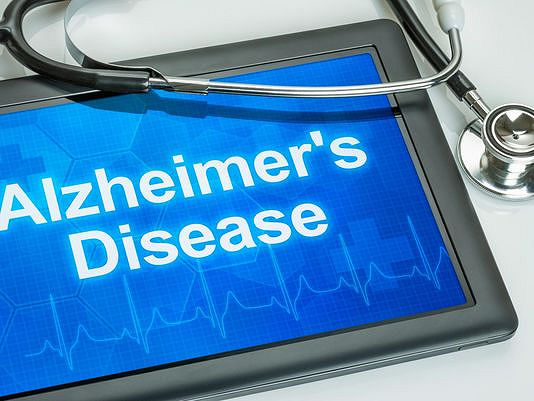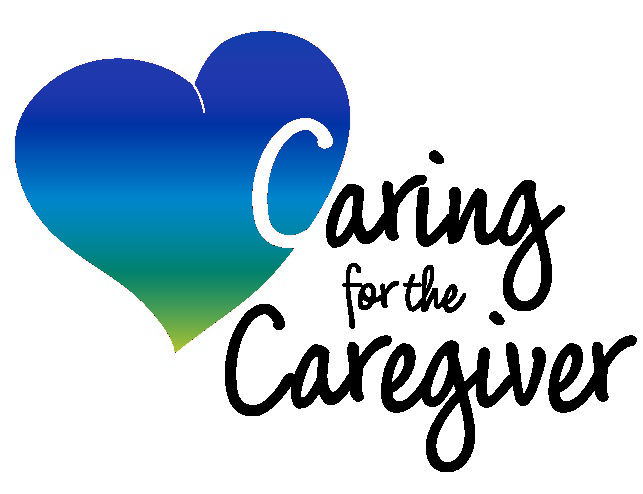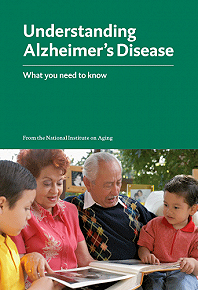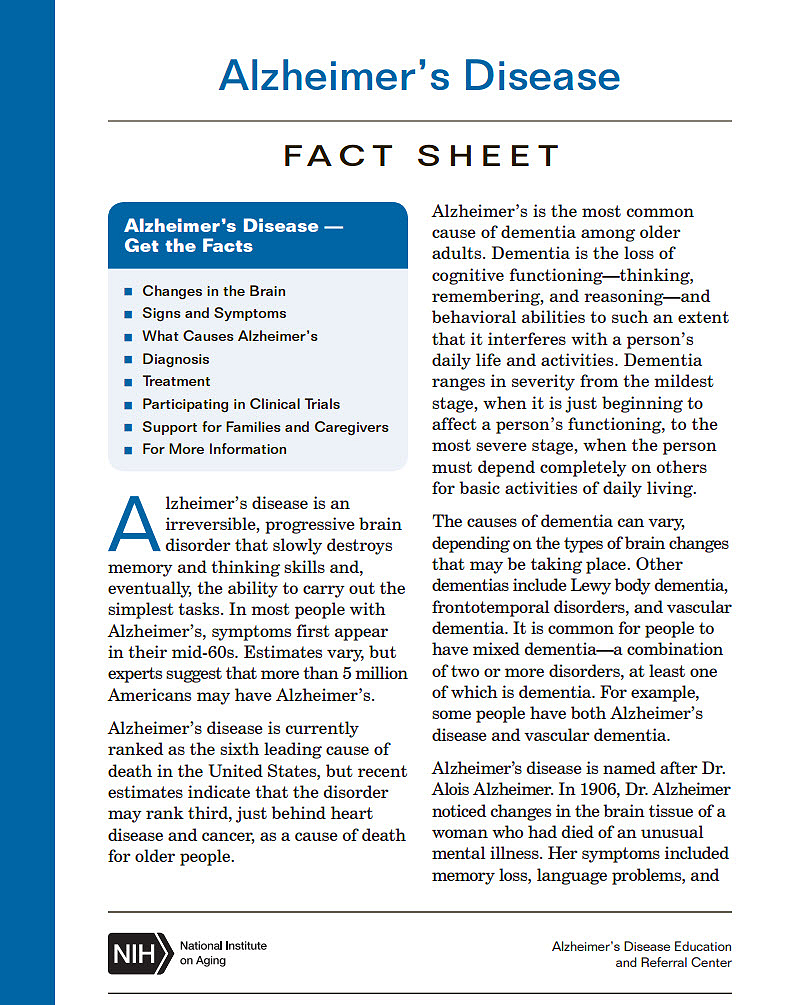(BrightFocus Foundation) Older persons sometimes exhibit disruptive behaviors, specifically in the late afternoon or evening, called sundown syndrome. Learn some helpful behavioral and environmental tips to manage “sundowning,” written by an expert in geriatric care management affiliated with BrightFocus Foundation’s Alzheimer’s Disease Research program
Sundowning. Sundowner’s Syndrome. Sundowners. These commonly used terms all refer to the behaviors we often see in older persons in private homes, nursing facilities, assisted living facilities, memory care units, and hospitals. Caregivers, hospital staff, and long-term care facility staff see it in their daily work. While not a formally recognized psychiatric diagnosis, “sundowning” is a descriptive term, and is described as:
SUNDOWNING
“A set of neuropsychiatric symptoms occurring in elderly persons with or without dementia at the time of sunset, at evening, or at night. These behaviors represent a wide variety of symptoms such as confusion, disorientation, anxiety, agitation, aggression, pacing, wandering, resistance to redirection, screaming, yelling and so forth. Some of these behaviors may not be specific to sundowning and can be the manifestation of dementia, delirium, Parkinson’s disease, and sleep disturbances.
However, what distinguishes sundowning from the above mentioned conditions is that persons with sundown syndrome characteristically show disruptive behaviors specifically in the late afternoon, in the evening, or at night.”
Being the caregiver for one experiencing sundowning can be stressful and exhausting, caregivers can become sleep deprived. Behavioral and environmental approaches can be effective in lessening or even preventing some symptoms, and where appropriate should be used as the first line of intervention.
Persons with Alzheimer’s or other dementias are thought to experience sundowning for a variety of reasons, including extreme fatigue, late day lighting, pain, vision problems, hunger or thirst, and depression. These are just a few of the possible causes, and when your loved one is sundowning, determine first what is bothering him or her. This will help you determine how to respond.
Environmental Approaches
Environmental cues can impact a person’s sundowning, adding to their agitation, confusion or aggressiveness. To set up the immediate environment to lessen the symptoms of sundowning, try the following:
- During the daytime, keep window coverings open for maximum exposure to bright light.
- At dusk, close the window coverings and turn lights on to eliminate any shadows caused by the late day light. Shadows can cause confusion for one with dementia.
- Create a quiet routine for the early evening. This might include an early evening walk, or calming background music.
- Minimize loud background noises such as banging pots, or sudden loud noises.
- If needed, create some white noise, the type of noise that is low and in the background. It can help to lessen the impact of sudden noises.
- Minimize clutter in rooms.
- Minimize the number of people in the room;
- Monitor TV watching and the images on the screen. Many TV scenes can be upsetting, especially to one with dementia.
Behavioral Approaches
- Structure the day and maintain a stable routine, as much as possible. Routine and structure will help your loved ones know what to expect, which is comforting for them.
- Give simple instructions for meals, bathing, etc.
- Eliminate caffeine and alcohol, especially in the late day.
- Get them outside during the day for physical activity and exercise.
- Keep daytime naps short, and earlier rather than later in the day.
Responding to Sundowning as it Happens
Just as you have tools when loved ones are agitated or fixed on something at other times of the day, you have tools to help them settle down and relax when sundowning.
- Listen carefully. It can be difficult to identify the source of their fear or agitation, but keep listening and try different things to help them calm down. For instance, they may see someone in the room, but maybe it is the shadow created by the light outside the window.
- Redirect where possible. Is it almost time for dinner? Go ahead and eat. Does your loved one like to fold the laundry? Find some, even the laundry that is already folded and in the closet. Pull it out to start all over again. Towels and napkins are always useful for this activity. If it is after dinner and a good night for a walk, go out. Sometimes a TV or a radio program can be a good method to redirect and take their mind off things that are bothering them. Just be careful about the images on the screen.
- Use gentle touch to connect. Hold their hand, stroke their back, hug them. Such touch will be soothing, and may be just what they need.
Resources
- Staying Safe: Wandering and the Alzheimer’s Patient (Publication)
- Alzheimer’s Disease Toolkit (Articles)

http://www.brightfocus.org/alzheimers/article/tips-managing-sundowning
References
Kahchiyants, N. et al (2011). Sundown Syndrome in Persons with Dementia: An Update. Psychiatry Investigation, pp. 275-287.
By Kathleen Allen, LCSW, C-ASWCM, Senior Care Management Services, LLC
